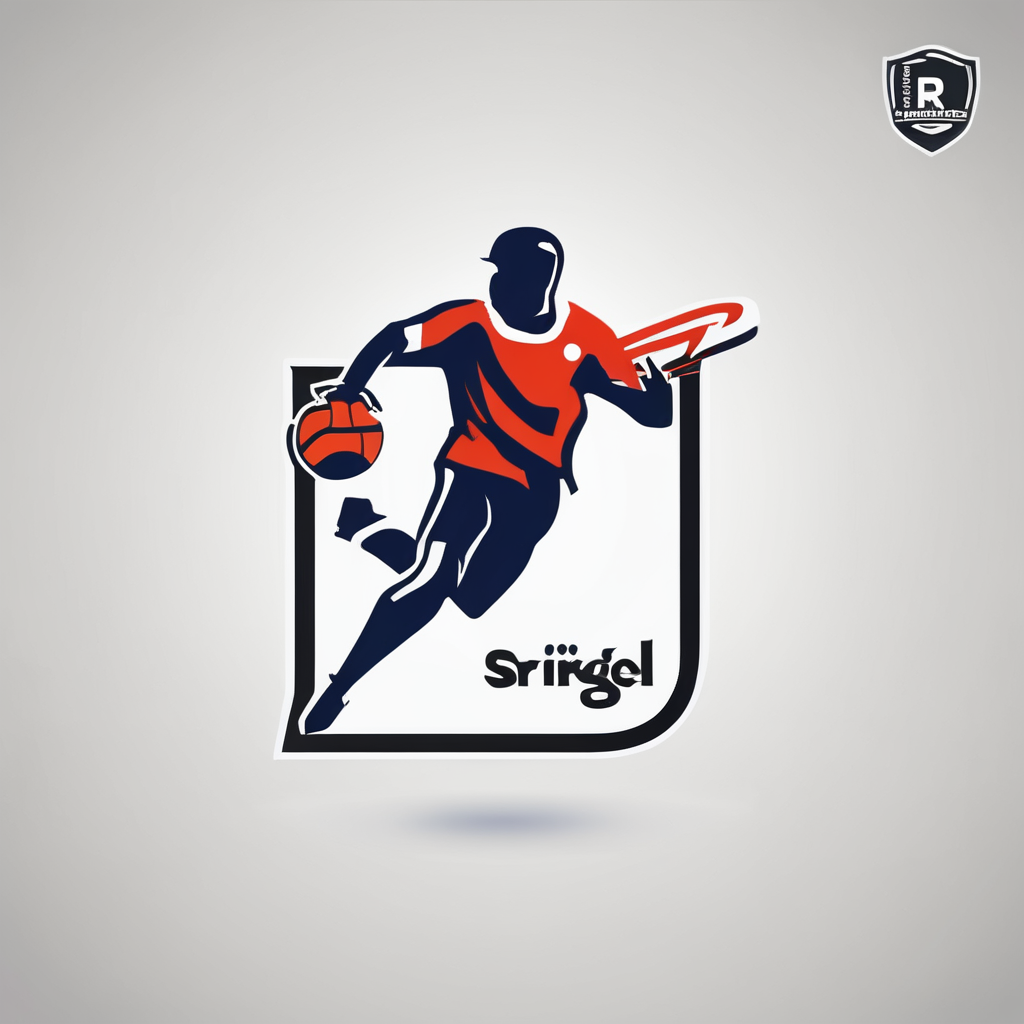Overview of AI in Personalized Running Training
AI applications in running have revolutionized how athletes approach their training. They integrate seamless personalized training technology with insights from vast data analysis, creating a bespoke fitness experience. By interpreting training logs and biometric data, AI systems offer tailored advice, ensuring both efficiency and safety in training processes. Such innovations herald a new era of fitness innovation, allowing runners to maximize their potential through customized regimens.
Personalized training has become a cornerstone in modern running. By aligning workout intensity and style with individual needs, it aids in achieving specific fitness goals. This is particularly paramount in running, where a one-size-fits-all approach can be counterproductive. AI’s role here is indispensable, offering regimens that evolve in tandem with the runner’s progress.
In the same genre : Maximizing Impact: The Power of Inclusive Policies in Revamping UK Sports Clubs
Currently, AI technologies in fitness are witnessing rapid advancements. Wearables and applications now possess sophisticated algorithms capable of adapting workouts instantly. These trends not only signal a shift towards more intelligent training systems but also emphasize the importance of data-driven decision-making in personal fitness. As technology further embeds itself in athletics, AI continues to redefine the boundaries of what is possible in fitness today.
Popular AI-Driven Running Apps
The landscape of AI running apps is diverse, offering top-tier fitness technology that accommodates various running needs. These apps are at the forefront of personalized running solutions, providing runners with data-driven insights to optimize their performance. The market is populated by a handful of leading apps known for their innovative features and user-friendly interfaces.
Topic to read : Harnessing the Power of Data Analytics: A Game Changer for UK Sports Teams
Overview of Leading Apps
Amongst the most prominent AI running apps are those that offer personalized running solutions through real-time data analysis and feedback. They use cutting-edge algorithms to track metrics such as pace, distance, and heart rate, adapting workouts to the user’s abilities. These apps typically boast sophisticated design, making them both intuitive and comprehensive for users at any fitness level.
Features and Capabilities
Beyond basic tracking capabilities, the best apps provide features such as personalized coaching, virtual run challenges, and social connectivity. They cater to runners from novice to advanced levels, offering tailored training plans that evolve alongside the runner’s progress. These features collectively contribute to a motivating and engaging running experience.
User Demographics and Target Users
These apps primarily target tech-savvy runners looking for efficiency in training. With user customization options and feedback loops, AI running apps continually refine their services, adapting to the needs of diverse user bases and enhancing the overall running experience.
User Testimonials and Success Stories
User experiences reveal profound impacts on fitness journey transformations, courtesy of AI training applications. Initial scepticism often turns into enthusiasm as many testify to enhancements in overall performance. For instance, one runner, previously plateaued in her progress, credits precise AI training impact with achieving personal bests by offering data-driven adjustments that cater to her unique physiology.
Real-life case studies provide compelling evidence of AI’s role. A marathon runner faced recurring injuries; however, with personalized insights, he not only minimized downtimes but also improved time, emphasizing AI’s capability in fine-tuning fitness success.
These testimonials collectively underscore AI’s adaptability and its crucial role in fitness trajectories. While some runners focus on speed, others might prioritize endurance; AI applications tailor strategies catering to these diverse needs. Notably, feedback loops refine these tools, enhancing their precision, thus building a stronger trust in technology’s potential to transform athletic pursuits.
Stories echo a consistent narrative: with AI, every step becomes part of a personalized and rewarding journey. Such success testimonies foster a community of runners enthusiastic about empowered, informed training strategies.
Enhancing the Running Experience through AI
The integration of artificial intelligence has served to greatly enhance the AI-enhanced running experience, offering runners insights that elevate their training. By delivering personalized coaching, AI helps in maintaining training motivation, which is essential for consistency. The immediate and personalized feedback provided by AI applications can act as a catalyst for sustained effort and improvement, supporting runners in achieving their goals.
Personalized insights from AI directly correlate to heightened motivation levels, empowering runners to persist even when progress seems stagnant. With algorithms capable of delivering tailored analyses and tracking performance, athletes find encouragement in the tangible improvements highlighted by these apps. This kind of personalized feedback not only aids in maintaining enthusiasm but also reinforces consistency in training routines.
Looking ahead, future trends in AI technology are set to redefine the running experience further. We can expect even more intricate data analysis and adaptive features that continue to personalize the journey for runners of all levels. As AI continues to hone its capabilities, it holds the promise of delivering not just an effective but also an enjoyable and rewarding training regimen.
Benefits of Using AI for Training
AI significantly enhances running performance improvement through the use of optimized training plans. These plans are designed to adapt based on real-time user data, offering a tailored approach that boosts precision in fitness tracking and performance analysis. By continuously adjusting to the athlete’s progress, AI ensures that training regimens are neither too easy nor too challenging, minimizing the risk of injury and maximizing efficiency.
Advantages of AI in fitness are evident in the heightened level of customization it brings to workouts, allowing for a bespoke training experience. For instance, AI can analyse a runner’s pace, gait, and even fatigue levels, adjusting the intensity of workouts accordingly. This dynamic adaptation not only improves performance but also increases a runner’s psychological resilience. Knowing that their training is specifically designed for them fosters motivation and commitment.
Furthermore, AI’s role extends beyond physical tracking. It supports psychological benefits by reducing anxiety about whether one is following the “right” plan. This peace of mind can lead to greater focus and enjoyment in training, ultimately contributing to better results and an enriched running experience.
UK-Based AI Solutions
AI running solutions in the UK have become a noteworthy part of the country’s fitness industry. By their design, these localized training apps prioritize unique features suited to the lifestyle and conditions of UK runners. An emphasis on understanding local terrains—be it urban streets or sprawling countryside—enhances their personalized running solutions.
Unique Features of UK Apps
These apps are crafted with practicality in mind, offering features uniquely suited to UK runners. They provide weather-specific adjustments to training plans, safeguarding runners from the often unpredictable British weather, ensuring that workouts remain safe and effective.
Availability and Accessibility
Considering accessibility, UK-based AI running apps are aims to be inclusive, offering high compatibility with widely used devices. Through partnerships with mobile networks and fitness retailers, these apps ensure their availability to a broader audience. This accessibility is crucial in reaching diverse user demographics, from beginners to seasoned athletes.
Partnerships with Local Fitness Communities
Furthermore, collaborations with local trainers and clubs bolster user engagement. By providing specialized programs and community events, these apps foster a sense of belonging among users. Through these partnerships, runners receive both personalized coaching and community support, offering an enriching and holistic fitness experience.





